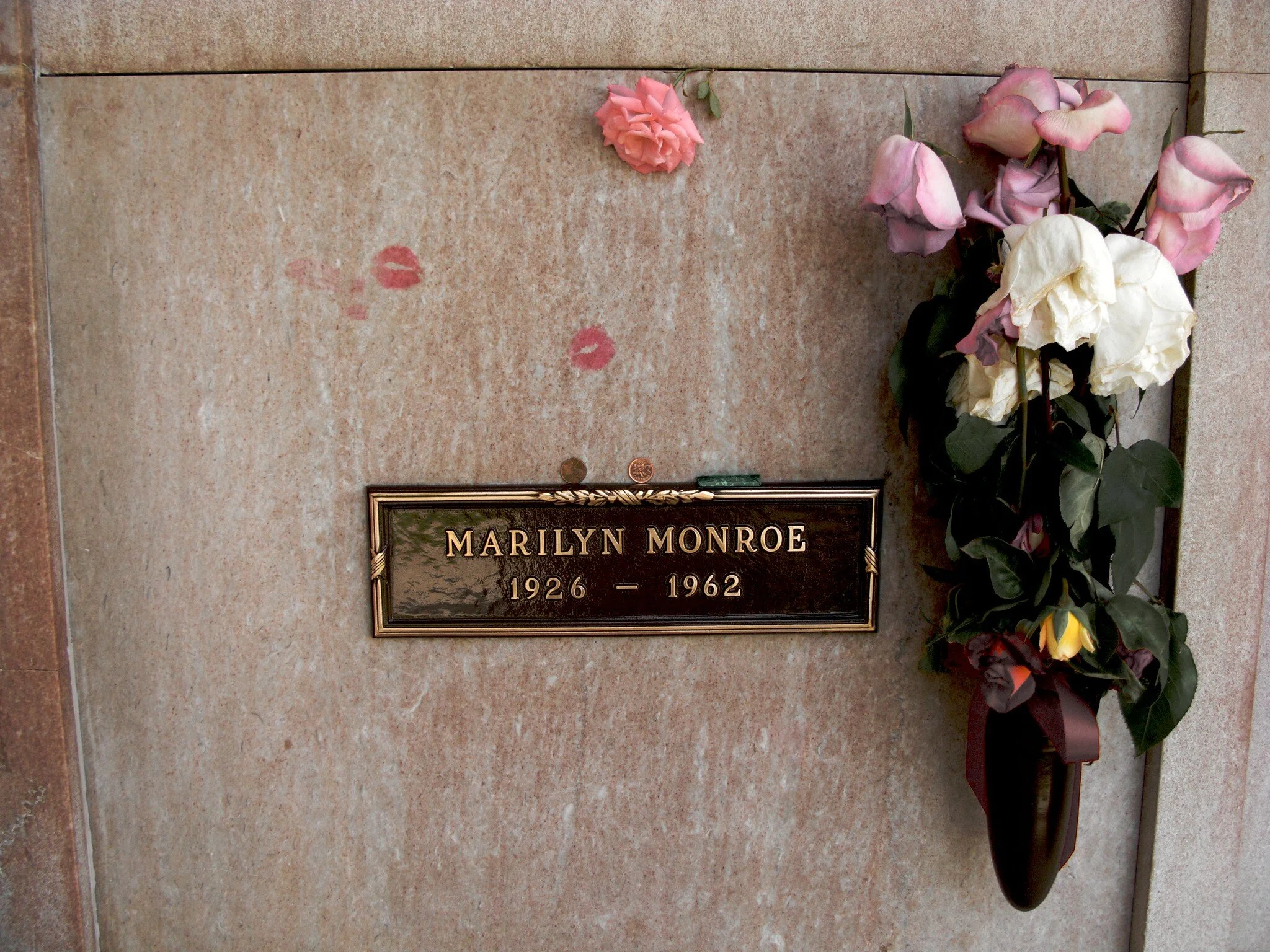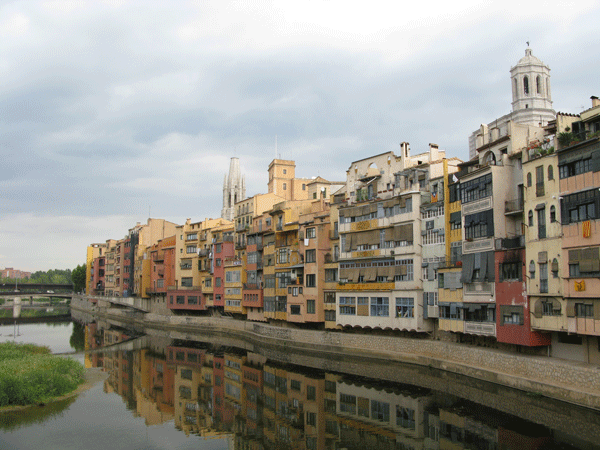I wasn’t surprised when my plane landed at DFW airport in a blinding fog, so thick that I couldn’t even see across the street as I waited curbside for the rental car shuttle. I had just arrived in Texas to begin work on an assignment that I wasn’t sure would be a slam dunk with a new client that I wasn’t sure would be a good fit. It seemed somehow fitting that the weather would chime in with its opinion about this experiment: outlook unclear.
I agreed with the forecast but had chosen to trust my instincts, which were telling me to step outside my comfort zone where life was safe and predictable and…well, boring, really. New territory beckoned, and I was willing to be surprised. And fogged in.

Undaunted by the heavy mist, I congratulated myself for the keen intuitive sense that had prompted me to request a "Mr. NeverLost" when making my Hertz reservation two weeks earlier - something I had never before done in years of renting cars. Truth be told, it was also due to my spotty track record on Fort Worth's spaghetti freeways and one-way streets and the Texan tendency to use landmarks to give directions, but I wanted to chalk this one up to ESP, just for fun.
Anyway, I had no worries: "If you've ever been lost or worried about finding your way to an unfamiliar destination, let the remarkable Hertz NeverLost® system be your guide,” suggested the Hertz website. A little fog wouldn’t faze me, not with their GPS! Seventeen miles to my hotel should take twenty-five minutes, tops. I could be tucked in bed by midnight.
My celebratory jig was cut short upon arrival at the Rental Car Center, where I discovered my name was not on the board and there was no car waiting curbside (grrr). And stretched before me at the kiosk in the parking lot was a long line of disgruntled travelers shivering in the murky dampness whose cars were also MIA (GRRrrr). Another sign of a bumpy ride ahead? Instincts disagreed: perhaps it’s a perfect opportunity to channel my Sufi teacher and practice breathing mantras. And patience.

















